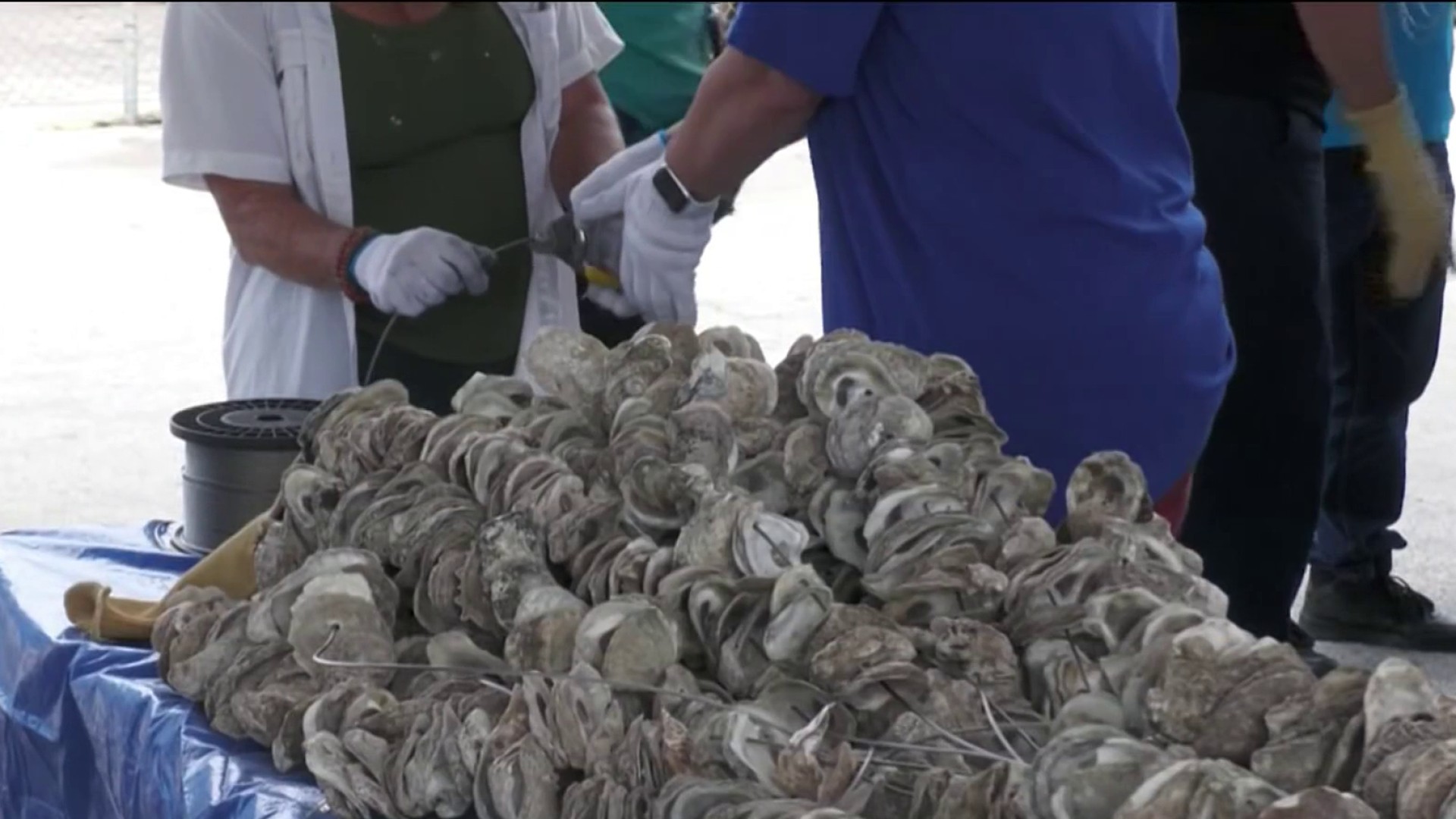A Miami man who was involved in trafficking animal parts and skins, which he incorporated into sculptures, was sentenced to 20 months in prison, authorities said Friday.
Enrique Gomez De Molina, 48, of Miami Beach, was found guilty of illegally trafficking in endangered and protected wildlife, according to the U.S. Department of Justice.
Authorities said he used the parts for taxidermy sculptures, which he created in his downtown Miami studio. De Molina attracted the attention of the art world for combining parts of different species and turning them into fantastical creations. In an interview De Molina gave to Thrillist--he is seen gluing beetle wings to a Rhino bust to create an irridescent sculpture. He sold his products over the Internet and in galleries for as much as $80,000.
In Decemeber 2010, he sold a sculpture at Scope Art in Miami, which was illegally exported to Canada, authorities said.
According to court documents, De Molina imported parts of snakes, birds and orangutangs from places as far away as the Philippines, Indonesia and Thailand.
He would find the protected wildlife online and select certain animals from photographs. Some of whom were alive at the time and then shipped to him dead, authorities said. This included a wooly stork, a slow loris, and a hornbill.
"I am not a criminal; I am an artist. I have never committed a crime before. I accept this judgment because its brings attention to the destruction of animal species and the dangers of genetic manipulation in our food," he said to NBC 6 in a statement. "I supoorted the government's work in pursuing the sellers of illegal animal parts through EBay and contacts in foreign countries. Let this judgment bring awareness to my cause. I stand by my art."
De Molina'a crimes took place between 2009 and 2011. During the three years he did not make proper declarations to the U.S. Fish and Wildlife Service or obtain proper import and export permits. In some cases, his transactions were completely illegal, the department said.
U.S. and international law requires the valid licenses under the Convention on International Trade in Endangered Species of Wild Fauna and Flora, which is a treaty to prevent over-exploitation of wildlife.
“Trafficking in endangered and threatened species, whether for personal profit or under the guise of art, is illegal," said U.S. Attorney Wifredo A. Ferrer. "Together with our law enforcement partners, we will strictly enforce the laws that protect our environment and our wildlife.”
In addition to his prison term, he will be fined $6,000.
Local
Authorities want De Molina to turn over all art work that may be comprised of protected or endangered species.



